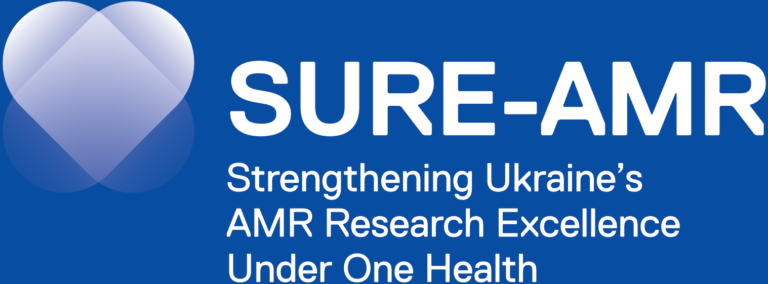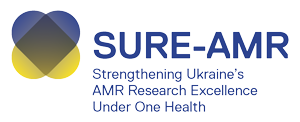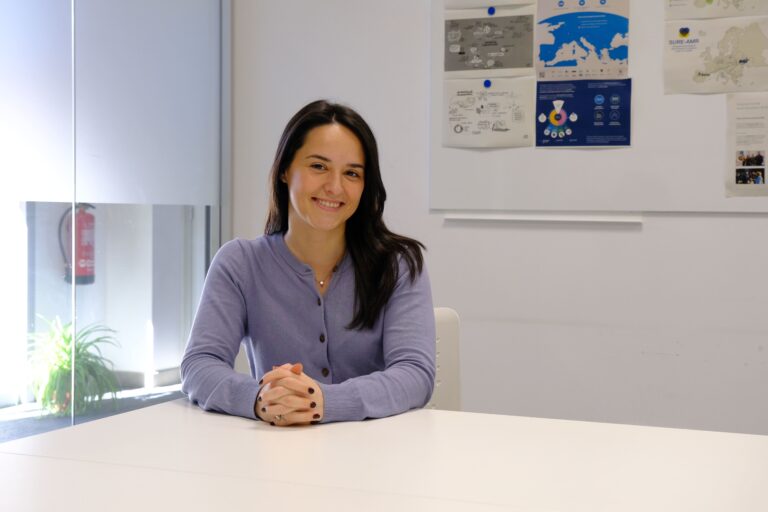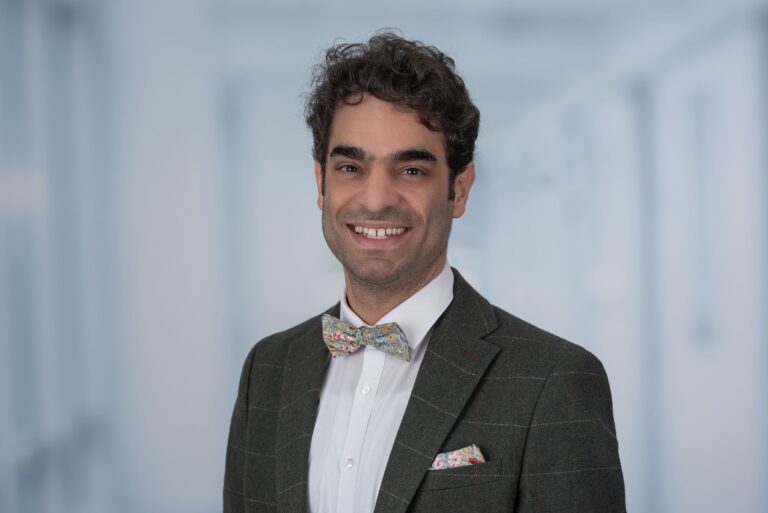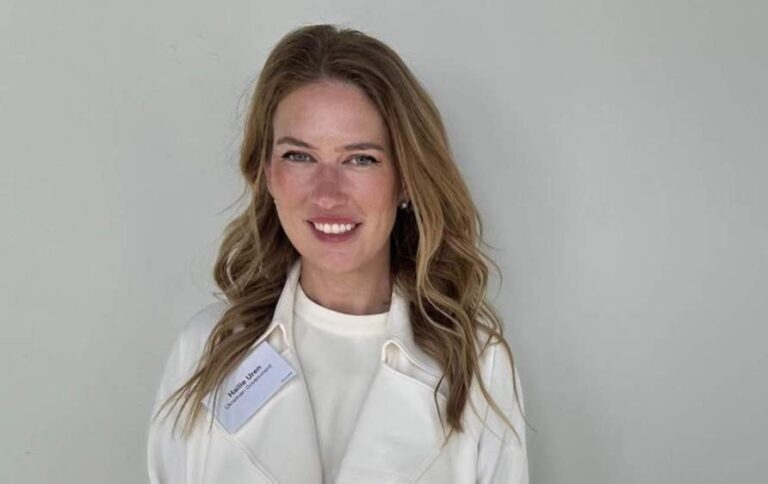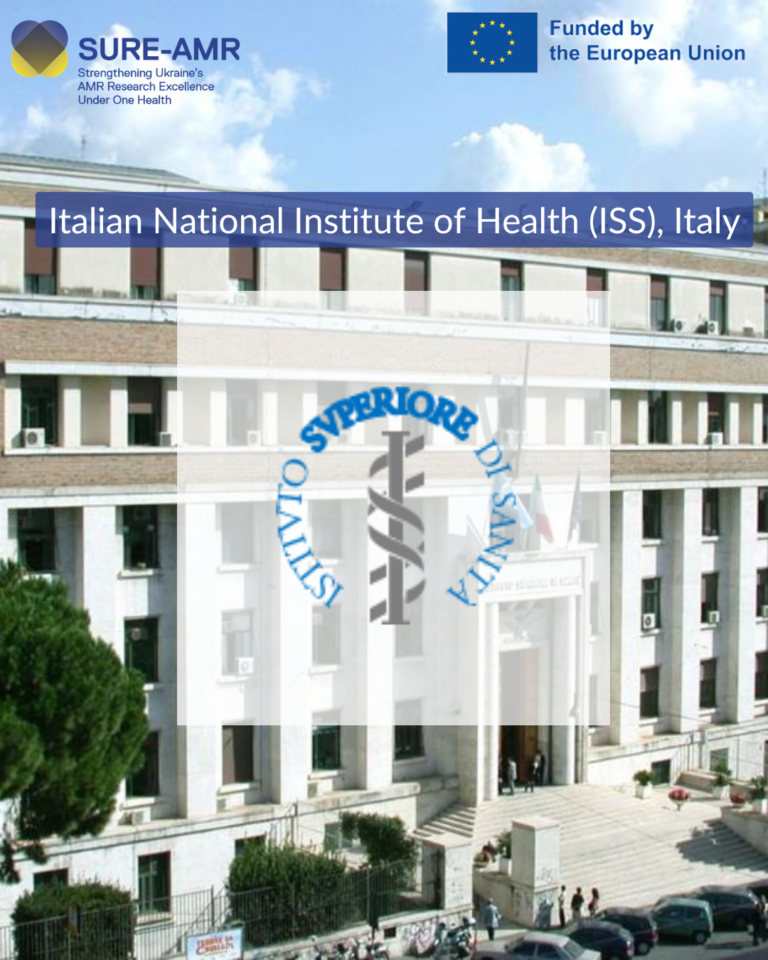How has Science4Ukraine supported you as part of the research community?
Galyna: It’s a personal story of finding a way to continue my professional life. After spending two weeks in Ukraine during the military actions in February 2022, I was forced to leave. Facing uncertainty, I searched for options and found #ScienceForUkraine, which listed positions for Ukrainian researchers. I contacted BETA TC, the Science4Ukraine coordinator in Spain, and received a positive response about an open position. It’s incredible how proactively the international academic community reacted to the war, providing real support to Ukrainian scientists and students.
“By facilitating the exchange of knowledge and resources, the project will enhance scientific capabilities and drive innovation in the fight against antimicrobial resistance”
How will the EU-funded SURE-AMR project help strengthen Ukraine’s scientific community?
Galyna: Participating in initiatives like SURE-AMR is a valuable opportunity for Ukraine, where securing research funding remains a challenge. This project will strengthen the AMR research network at IMBG by fostering collaboration between medical universities, hospitals, private companies, and the broader community. By facilitating the exchange of knowledge and resources, the project will enhance scientific capabilities and drive innovation in the fight against antimicrobial resistance.
Iryna: Projects like SURE-AMR are very important because they represent a step forward for the country. It will help build up IMBG’s research infrastructure and will promote knowledge-sharing. Additionally, it plays an important role in aligning Ukraine with EU research standards, supporting both scientific excellence and international cooperation.
Beyond the scientific field, how can SURE-AMR contribute to Ukraine’s prosperity?
Galyna: In Ukraine, seasonal infections are commonly spread in workplaces, universities, and schools, often leading to prolonged recovery periods of ten days or more. The country needs an effective AMR management strategy to prevent the spread of resistant infections and save lives. I believe SURE-AMR will contribute to Ukraine’s prosperity by addressing antimicrobial resistance (AMR) and improving public health.
Iryna: I am deeply grateful to be part of the SURE-AMR project and to contribute to its mission. I believe it will help Ukraine rebuild its intellectual and technological capacity, enhance public health, drive medical innovation, create job opportunities for scientists, and strengthen the international reputation of Ukrainian research institutions.
“I see SURE-AMR as part of a broader initiative to support public health and further integrate Ukraine into the European research community”
What’s your personal perspective of contributing to Ukraine reconstruction through SURE-AMR?
Galyna: As a Ukrainian, I deeply understand the country’s challenges. The Ukrainian mindset often lacks a broad perspective on key issues and a determined approach to addressing them. Working alongside my colleagues at BETA TC enables us to demonstrate alternative, more effective ways of tackling these challenges—ones that can bring meaningful benefits to Ukraine.
Iryna: For me, this work is more than just a professional commitment—it’s personal. I love my country and its people, and contributing to strengthening research and fostering international collaboration for Ukraine through SURE-AMR brings me great joy. These efforts, however small, are steps toward a stronger Ukraine. I see SURE-AMR as part of a broader initiative to support public health and further integrate Ukraine into the European research community.
Where do you see SURE-AMR—and Ukraine—in three years?
Galyna: In three years, I believe SURE-AMR will have had a real impact, not just on Ukraine’s scientific community but also on policy development and society as a whole. And hopefully, by then, the war will have ended. That would open the door to large-scale reconstruction and important reforms, moving Ukraine closer to EU membership and aligning it with European standards.
Iryna: I hope that by then, IMBG will have become a key research hub. More broadly, I wish to see Ukraine making significant progress in its reconstruction and development. I hope new protocols will be implemented in healthcare, and there will be more funding to invest in education and health ultimately accelerating progress for the country.
